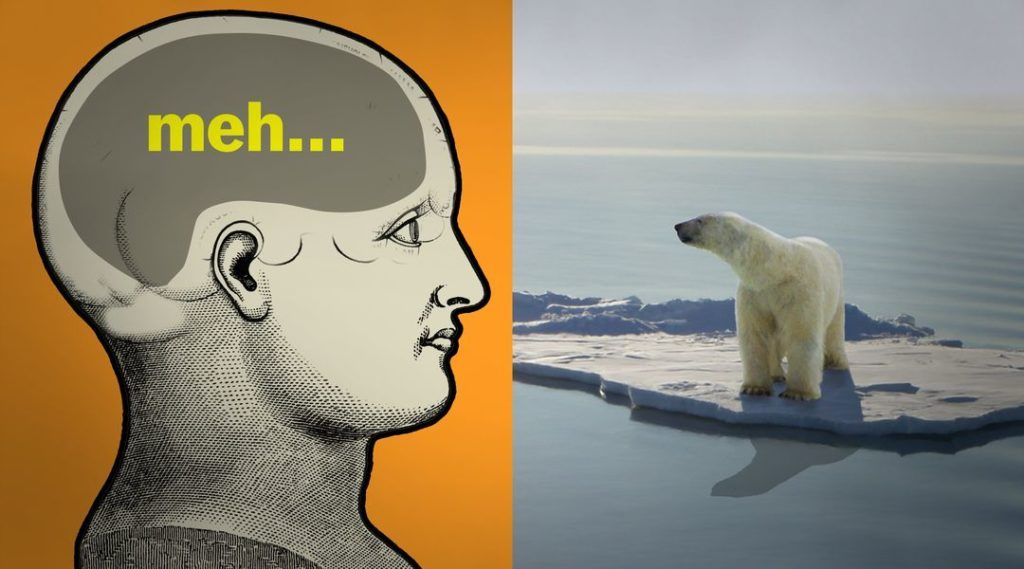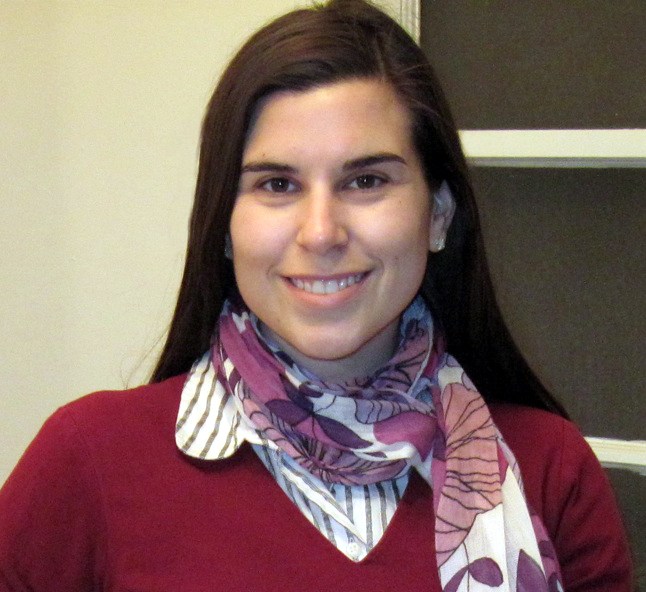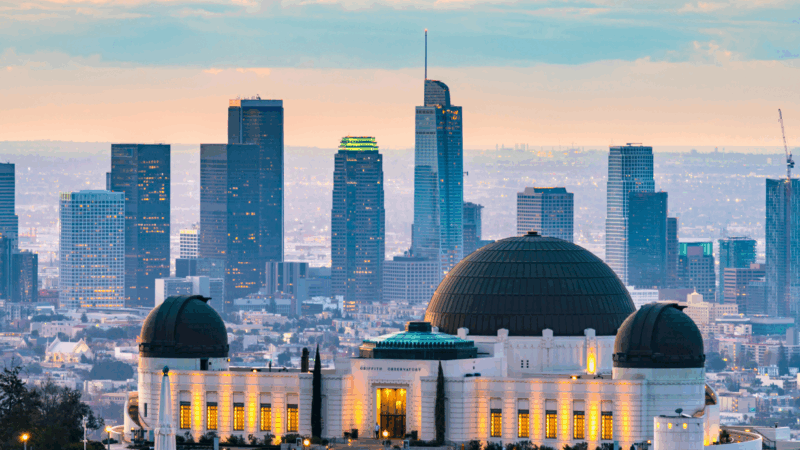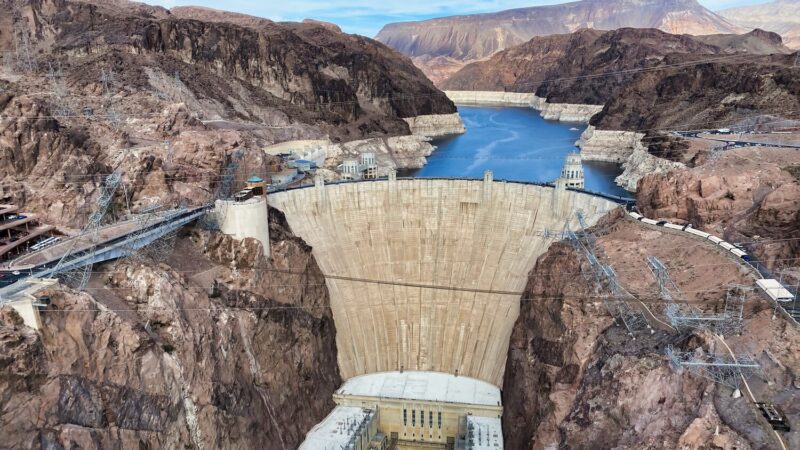
Experts come up with surprising solutions to climate change in new UC/Vox video series
First episode of ‘Climate Lab’ airing today asks why humans are so bad at thinking about climate change.
“Climate Lab,” a new six-episode video series produced by the University of California and the news website Vox, will explore global climate change and researchers’ groundbreaking work to mitigate its effects. The first episode, which will feature UCLA environmental economist Magali Delmas, airs today.
UCLA’s Institute of Environment and Sustainability played a leading role in development of the series. The first episode, which will feature UCLA environmental economist Magali Delmas, an IOES member, airs today.
Hosted by conservation scientist and UCLA visiting researcher M. Sanjayan, the “Climate Lab” series delves into unexpected solutions to climate change and features eye-opening conversations with experts, scientists, thought leaders and activists from UC and other institutions as they discuss everything from clean energy to food, religion and smartphones.
Sanjayan begins the video series by acknowledging what environmental scientists have learned the hard way: A doom-and-gloom message just makes people tune out.
“We need to change the way we talk about climate change,” Sanjayan said.
Puzzling out the best ways to convince people to act on climate change is at the core of Delmas’ research. She found answers in real-world studies that gamified energy-saving by giving apartment residents instant feedback on how much energy they used and how their energy use compared to that of their neighbors. People who regularly heard messages about how much money they could save made virtually no energy-saving changes. But repeated messages to other consumers about reducing cancer-causing pollution motivated them to cut their energy use an average of 8 percent — 19 percent for families with children.
“We wanted to make energy use visible,” said Delmas, an environmental economist at the UCLA Anderson School of Management and a member of UCLA’s Institute of the Environment and Sustainability. “We’re finding that you have to bundle the public good with the private good.”
Using social pressure and positive messages are key, explained Sanjayan, a visiting researcher with IoES.
“It can’t just be a guilt trip,” Sanjayan cautioned. “We need to talk about our wins as well … to move us from a state of apathy to action.”
“Climate Lab” videos will be featured on the UC Climate Solutions website and Vox with a host of related content, including infographics, quizzes and articles. Researchers at UCLA’s new Laboratory for Environmental Narrative Strategies, which is part of IoES, were instrumental in developing the video series with the UC Office of the President.
UC faculty have been deeply engaged in research and scholarship around climate change for decades. At UCLA, faculty have been working since 2013 on the Sustainable LA Grand Challenge, a university-wide research initiative to transition the Los Angeles region to 100 percent renewable energy, 100 percent local water, and an enhanced ecosystem and human health by 2050.
Also in 2013, UC President Janet Napolitano launched the Carbon Neutrality Initiative to expand and strengthen that legacy, establishing a systemwide goal of UC becoming completely carbon neutral by 2025. To date, energy-efficiency measures and clean-energy projects implemented across the UC system have generated savings of $28 million a year.
“As ‘Climate Lab’ shows, investments in research and technology are critically important as we work to address global climate disruption,” Napolitano said. “Achieving carbon neutrality and addressing climate change are not merely operational or research goals at the University of California — they are moral imperatives. That’s why I launched the Carbon Neutrality Initiative and committed UC to becoming carbon neutral in our operations.”
The series’ first episode, “Why humans are so bad at thinking about climate change,” debuts today on Vox. Additional “Climate Lab” episodes will run on Vox every Wednesday for the next five weeks.
The series will showcase the nation’s top experts in the fields of climate research, renewable energy and sustainability discussing the surprising ways people can harness known and emerging technologies to address the complex problem of climate change.
“Climate change is the biggest issue of our time,” Sanjayan said. “It can seem overwhelming, but in ‘Climate Lab,’ we meet some amazing people from all walks of life who are breaking the problem down and actually making a difference. We hope to inspire viewers to transform the planet by taking some of the ideas in this series and spreading it across the world.”
For more information about UC’s Climate Neutrality Initiative and other UC and UCLA sustainability initiatives and programs, visit ucop.edu/sustainability and sustain.ucla.edu.
This story was originally published on UCLA Newsroom.
Published:



